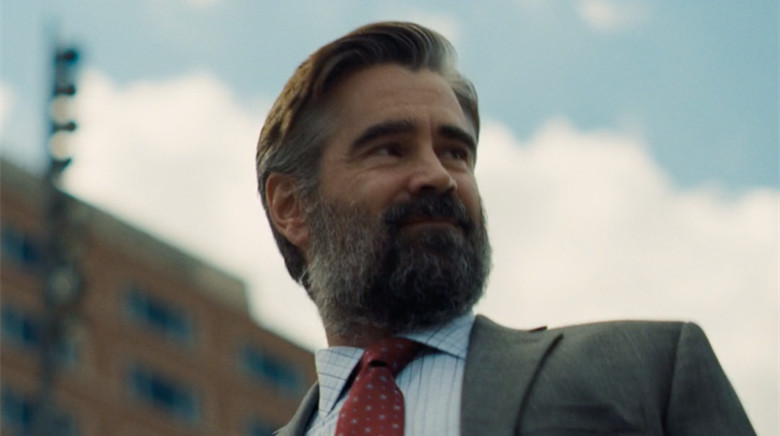
Well, now that the sun has set on the sensational 36th annual Vancouver International Film Festival (which ran from September 28th to October 13th, 2017), Taste of Cinema offers up our favorites from what was yet another bustling, exciting, and very impressive festival. As with previous years at VIFF, it was a very crowded field with so many movies vying for our attention (of course we didn’t see them all, and there’s many we’re sorry we missed), and charged with the task of picking our favorites was no easy affair.
The films on this list show a wide-ranging assortment including animation, auteur-driven films, populist fare, arthouse, genre films, and many lofty female-led projects, too (a trend that we’re happy to say continues to flourish in a very male dominated industry).
And now the festival roundup and until next year VIFF, we’ll catch you in the queue!
15. The Divine Order (Petra Volpe, Switzerland)
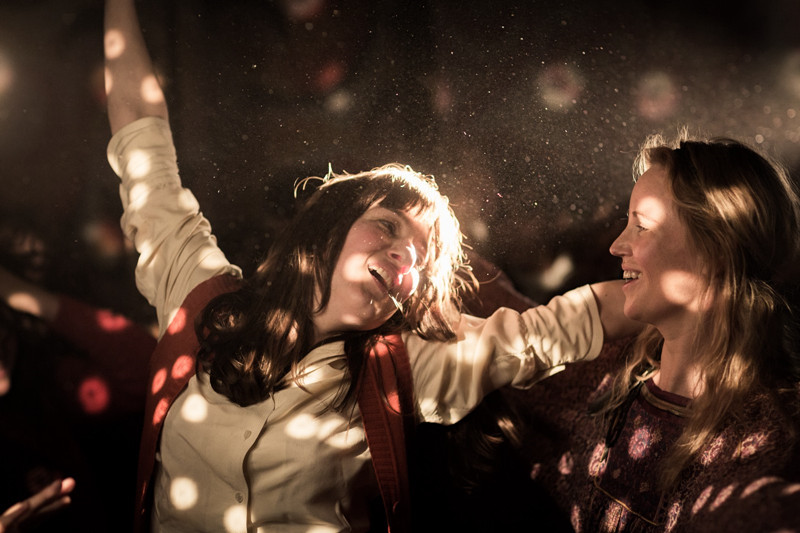
A funny, crowd-pleasing picture dealing with the women’s suffrage movement and struggle for voting rights? You betcha!
Set in the Switzerland of the early 1970s and punctuated by comedic flourishes with a resilient soft-touch from director Petra Volpe revisits the equal rights fight with the crowd-pleasing picture, The Divine Order. While it’s a story told through fictional characters, it still makes for an eye-opening and highly effective social and political history lesson, though it never once feels like a sermon.
“There is a tiger between my legs, Hans, and I’ve never had an orgasm!” says an empowered Nora (Marie Leuenberger) to her thunderstruck husband (Max Simonischek), uneasily at odds in their old school town that’s slowly being brought up to pace with the rest of the world.
Ultimately, The Divine Order is one that’s not so easily upset by the courage of women who deserve, desire, and secure the standing and sublimity they deserve, and this exquisite underdog narrative from Volpe will remain relevant and enraptured for some time. (Read Full Review)
14. Never Steady, Never Still (Kathleen Hepburn, Canada)
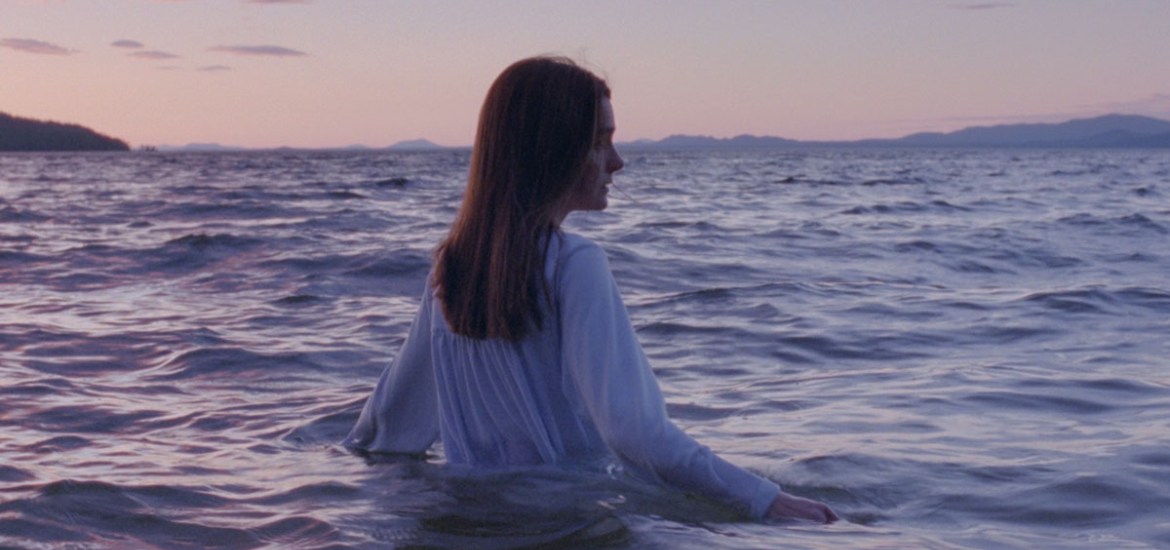
What at first feels like a small story of sentimental family struggles set amongst a northern BC backdrop gradually unspools with painterly precision into a naturalistic, sensual, and considerably-sized poetic canvas in Never Steady, Never Still, the assured directorial debut from Kathleen Hepburn.
An instantly gripping film, it’s buoyed by an astonishing, career-best performance from Shirley Henderson (Trainspotting, Okja) as Judy, a Parkinson’s afflicted woman, recently widowed, raising a teenage son named Jamie, who’s brilliantly portrayed by the rising young star Théodore Pellerin (It’s Only the End of the World).
This film takes a brave and heartbreaking look at a number of provocative and taboo topics including grief work, homosexuality, promiscuity, and suicide, and handles it all with morality and aplomb. At times the flow of Never Steady, Never Still is a passive and idly paced one, but on its own terms it also does a slow dance that’s terribly close to perfection. (Read Full Review)
13. Loving Vincent (Dorota Kobiela, Hugh Welchman, Poland/UK)
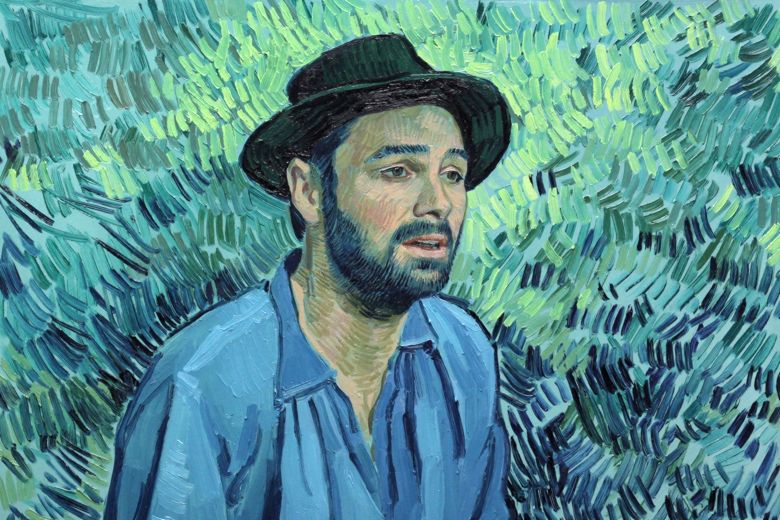
The story, a whodunnit mystery surrounding the death of renowned Dutch Post-Impressionist painter Vincent van Gogh in 1890, Auvers-sur-Oise, France, takes the backseat to the staggeringly lovely animation in Loving Vincent. A painstaking labor of love from artist, writer and director Dorota Kobiela, co-director Hugh Welchman, and a tireless crew of 115 gifted painters/animators (the film consists of 65,000 frames in oil paints, on more than 850 canvases made over nine years) bring to life what’s been hailed as the world’s first fully painted motion picture.
Kobiela and Welchman manage the miraculous as they recreate many of van Gogh’s renowned canvasses –– the opening sequence where “Starry Night” twinkles and yearns to life before us is worth the cost of admission alone. While the actual story that’s unfolding before us is rather thin, it’s in the telling that Loving Vincent dazzles the eye as tableau after tableau takes its cues from Van Gogh’s paintings.
Ultimately, Loving Vincent is an inventive experimental film that takes considerable risks, but the breathing backgrounds, rolling landscapes, and seemingly endless visual splendors make this film, if nothing else, one of the year’s most beautiful.
12. In the Fade (Fatih Akin, Germany/France)
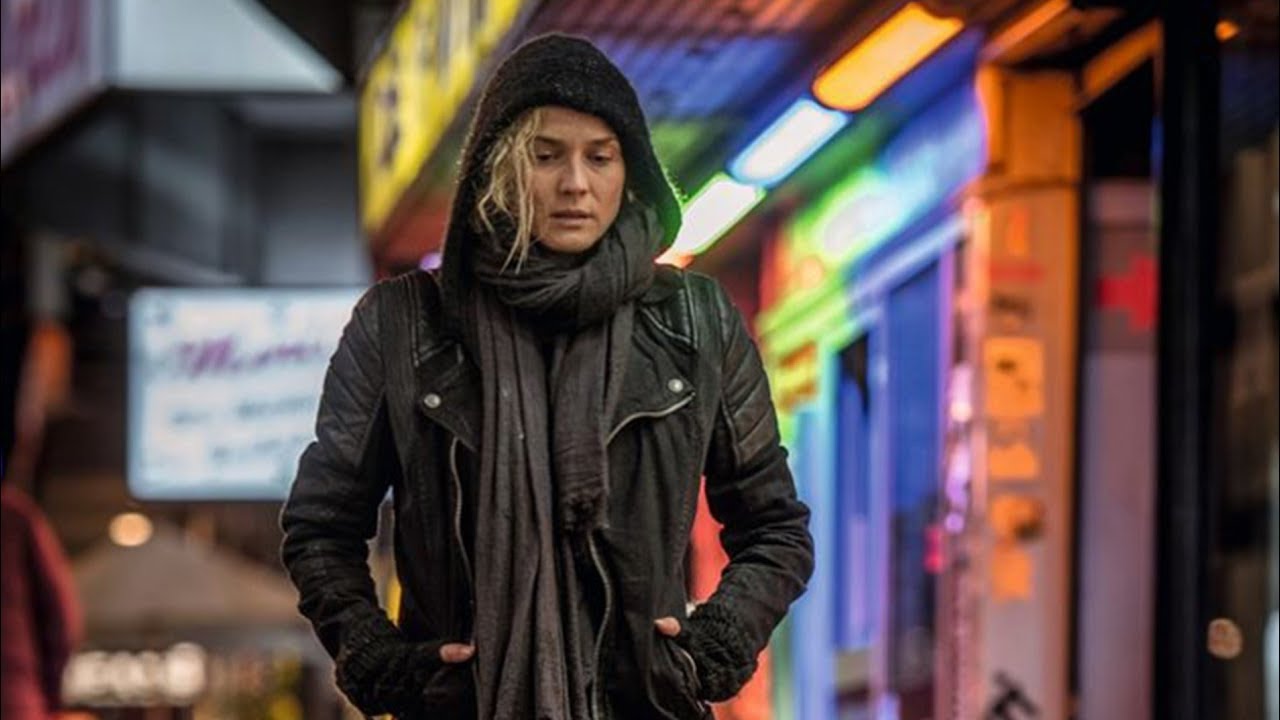
German-American actress Diane Kruger (Inglourious Basterds) gives a bravura performance in writer-director Fatih Akin’s occasionally conventional but always compelling revenge-rattled In the Fade. Broken down into three chapters (titled; Family, Justice, and the Sea), the film moves with ferocity from a heart-crushing tragedy to a gaunt, sweeping, teeth-bared revenge thriller.
Katja (Kruger) and her Kurdish husband Nuri Şekerci (Numan Acar) live a charmed life, and one that’s blessed by an adorable six-year-old son Rocco (Rafael Santana). But tragedy rears its heartless head when two neo-Nazi sympathizers, Edda (Hanna Hilsdorf) and her husband André Möller (Ulrich Friedrich Brandhoff) detonate a homemade nail bomb in front of the translation and tax office where Nuri works.
Not only does the incendiary device level Nuri’s business, it claims his and Rocco’s lives, sending Katja into a grief-stricken spiral that comes terribly close to killing her via paralyzing heartbreak and self-harm.
In the Faden soon finds Katja in full-on animus, going measure for measure against the neo-Nazi perpetrators who ruined her life and it’s a shrill ride that will have you writhing and awaiting not just for some fist-pumping reprisal, but also for sanctuary.
Eerie, incensing, and well-timed, In the Fade ranks as one of Akin’s best films. (Read Full Review)
11. The Other Side of Hope (Aki Kaurismäki, Finland)
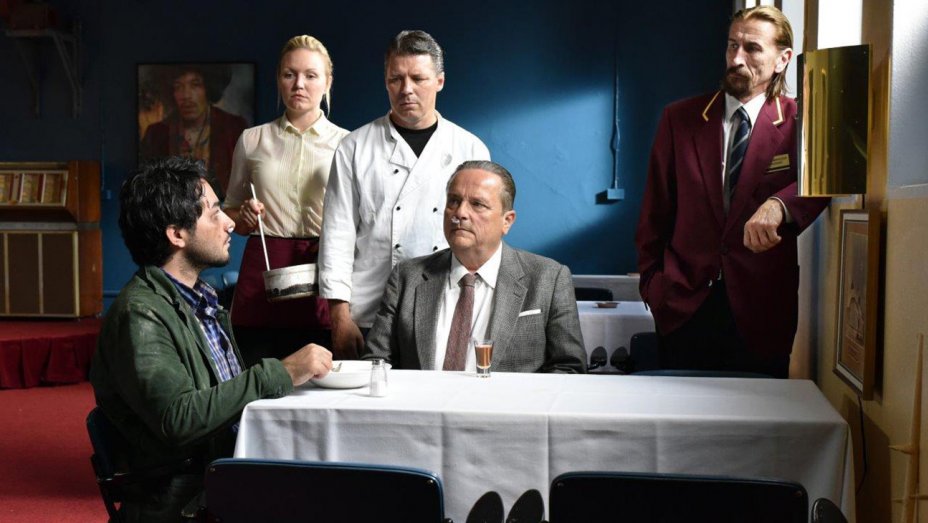
Ostensibly the middle film in Aki Kaurismäki’s still in the works Le Havre harbor trilogy (following 2011’s Le Havre), The Other Side of Hope is another eccentric humanist tale from the forever happy-sad Finnish auteur.
Once again achieving the blissful balance between melancholy and mirth, Kaurismäki offers up flapdoodle optimism in this shaggy-dog about a former shirt salesman named Wikström (Sakari Kuosmanen), now on the outs with his wife but keen on playing a high stakes poker tour, and a Syrian refugee named Khaled (Sherwan Haji), who is desperate to find his missing sister, Miriam (Niroz Haji).
The Other Side of Hope illustrates the working faith that Kaurismäki has always had in humanity, and it’s this hangdog optimism that has endeared him to us in the first place, is it not? Touched by the silly and the serene, this film is a warm and whimsical reward. (Read Full Review)
10. Wonderstruck (Todd Haynes, USA)
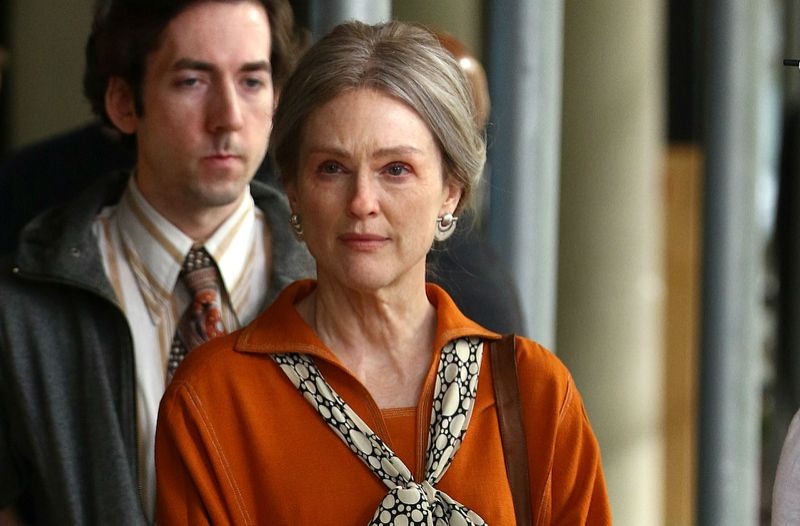
Mysterious and stirring, director Todd Haynes’ latest film Wonderstruck is a film about childhood, memory, communication, family bonds, and finding your way, and while it may be a minor film from a major director, it’s still a small miracle. In many ways it’s Haynes’ Hugo.
Based on Brian Selznick’s 2011 novel of the same name (Selznick also adapted the screenplay) and bouncing back and forth between two interlaced stories set in 1927 and 1977, the film tells of two children named Ben (Oakes Fegley) and Rose (Millicent Simmonds). Ben, in ‘77, mourns his mother’s passing and pines for the father he never knew while Rose, in ‘27, fancies after an iconic actress of the silent screen named Lillian Mayhew (Julianne Moore), who’s visage and persona is cribbed from the great Lillian Gish as an homage.
Ben and Rose, though separated by 50 years, find themselves down similar paths on their individual roads to enlightenment, and while a few of the twists in their tales may be easy to anticipate, they’re told with insight, emotion, peculiarity, and grace.
9. Tragedy Girls (Tyler MacIntyre, USA/Canada)
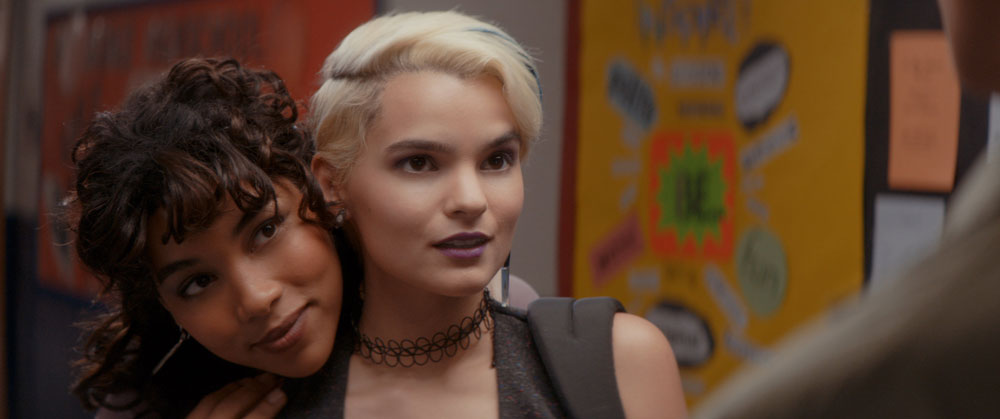
Alexandra Shipp is McKayla Hooper and Brianna Hildebrand is Sadie Cunningham, two social media savvy besties, each with an unhealthy death-obsession, and desire to be adored both in their high school, their community, and across the Internet in Tyler MacIntyre’s Tragedy Girls. This is a film that treats superficiality and remorseless violence with a comedic sensibility all too rarely seen, earning and deserving its exacted and often evil laughter rather fiercely.
A savage and cynical satire that’s full of colorful off-color status quo commentary, this joyfully fucked up little film also doubles as a paeon to slasher movies and teen exploitation fare (fans of Michael Lehmann’s 1988 cult classic, Heathers take particular note, please).
Part of the fun of the film, which is a pastiche-heavy smorgasbord of slasher film staples –– John Carpenter’s Halloween (1978), Wes Craven’s Scream (1996), and even the prestige horror of Brian De Palma’s Carrie (1976) are amongst those name checked and paid homage –– is the requisite identifying of the pop culture that the characters here typify, but also in seeing just how much gratuitous bloodshed the movie will get away with (spoiler alert: a whole bloody lot!). (Read Full Review)